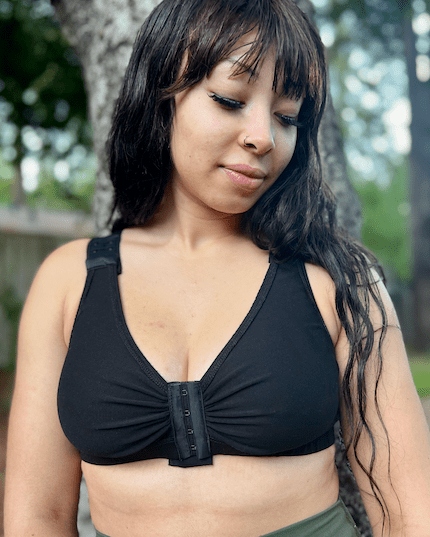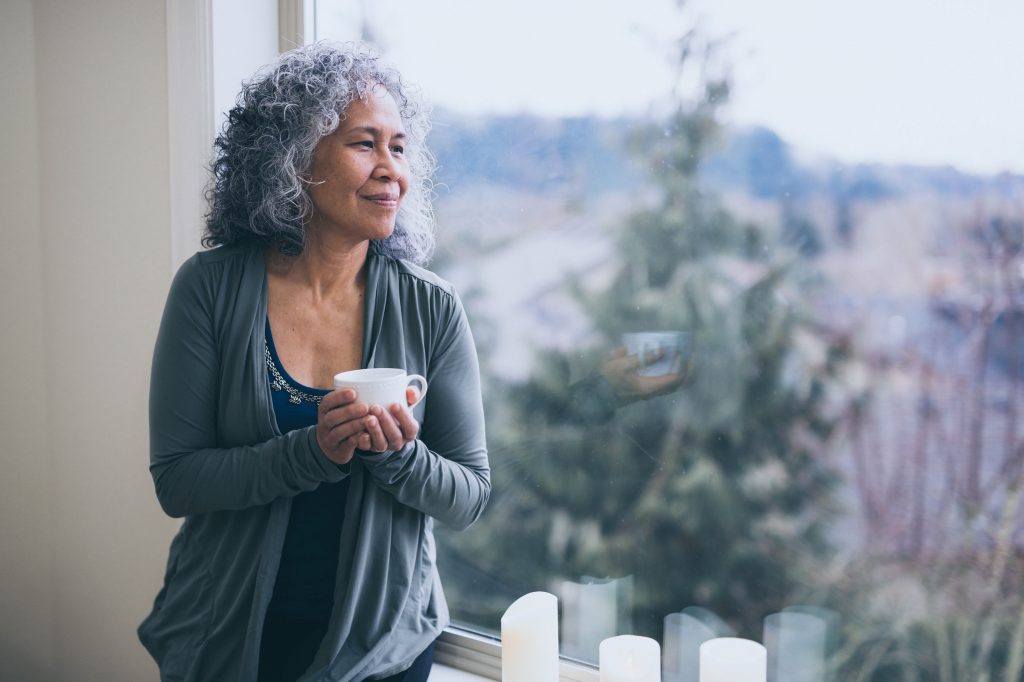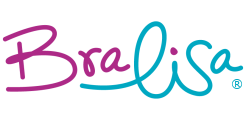
Lisa B’s Guide to Breast Surgery Recovery
By Lisa J. Bunin, PhD, November 9, 2023
CEO, BraLisa
(Please note that these tips are based on Lisa B.’s personal experience with breast surgery. I am not a medical doctor. It is always best to consult your medical provider if you are having problems of any kind.)
Your Overnight Stay Deserves Company
If you are staying overnight at a medical facility, it is important that you have a friend or relative with you so that you always have an advocate present, if at all possible. Nurses and staff are often busy and over-worked, so it’s essential that there is someone in your room to keep you comfortable and who can quickly grab a nurse’s attention if needed.

Rest is Your Friend
It helps you heal. You just went through a big surgery, so now it’s time to rest. Resist overdoing things as hard as that may be. Instead, take time to relax and facilitate your own healing, even if it means taking more time off than you initially had anticipated. Don’t return to work until you feel confident that you are absolutely ready for it. Your body and mind will thank you.
As hard as it may be, resist overdoing things. Let someone else do the chores of washing the dishes, vacuuming the floors, and making dinner. You have earned this time off to relax and heal. Your reward for resting and letting go will be shortening the time it takes for you to heal your incisions. That will allow you to get back to doing the things you love doing most
Listen to Your Pain and Seek Help if Needed
Pain varies from person-to-person. Some people have very little pain and others, like me, have shooting nerve pain in their breasts, burning in their nipples or other symptoms for months. No one, not even your doctor, knows how you are feeling in terms of your pain level unless you tell them. Don’t let anyone try to convince you that you shouldn’t be having so much pain. It doesn’t matter what they think, if you are having pain, let your doctor know and insist that you get whatever you need to manage the pain.

Nausea is Easy to Fix
If you end up using pain meds, nausea can be a problem. Make sure that you ask your doctor for anti-nausea drugs to go along with your pain meds, just in case you need them. That way you will not be caught in the uncomfortable situation of needing them and having to find someone to run out to the store for you after your nausea has already set in. When I was recovering, I kept organic soda crackers by my bed and ate about 6 of them before taking any medicine. That seemed to keep my nausea and upset stomach at bay.
Constipation is Easy to Fix Too
If you are using pain meds, you may also find yourself getting constipated. When I was recovering, I used H2GO (a pill) and Smooth Move (a tea) and both helped. They can be purchased at your local health food store or online.
Your Scars Need Some TLC
Your scars will be sensitive for a while as they heal. After your incisions are no longer open, they may still feel sensitive as the underlying tissue heals. I found that putting Vitamin E oil on them helped ease the poking and overall discomfort. Even years down the road, your scars may feel dry, so I always keep a bottle of Vitamin E oil on hand to apply as needed.
Scars can also get ropey. What that means is that they don’t lie flat on the skin. To help them lie flat after the incision has healed, apply Vitamin E oil or another unscented oil or cream daily.
If it feels right for you, make an appointment with a physical therapist who is skilled in manually stretching breast scars to ensure that they flatten. I chose to go to a woman physical therapist. The process was somewhat painful but worth it.
Some of our clients have also recommended using scar tape to help their incisions heal. While I have never tried it myself, women say it’s non-irritating, and it’s easily applied and removed without ripping the skin. Made of medical-grade silicone, it is latex-free and Teflon-free, which is plus for sensitive skin.

Physical Balance Requires Attention
Now that you have altered your breast size, you may find that your balance and center of gravity is not quite right. If that is the case, do not hesitate to consult with a physical therapist to help you get back on secure footing.
Stiffness and Limited Range of Motion is Temporary
Once my incisions were healed, at the beginning of the third month after my surgery, I started taking Pilates classes for the first time. Within a few sessions, I released the stiffness in my upper chest and under the arms. It has never returned.

Your New Body Image May Affect Your Mental Health
Your breasts have always been an integral part of your physical appearance. Now that your breasts have changed, and despite what you may have expected, you could feel some loss and psychological angst. Allow time to reflect on your new body image. Mourn the loss or even shame you feel, if you need to. It may be helpful to go to a counselor to explore what’s going on with you emotionally, address body image issues, and to help you get to a more comfortable place within yourself.
Receive the Gift of Renewal and Self-Empowerment
Take the time to consider all the wonderful things that surround you in your life – people, places, experiences, animals, nature, home etc. It can be helpful to make two lists describing: 1. what you are grateful for, and 2. what brings you joy in your life. Revisit those lists as new feelings arise. Add to them when you’re inspired to do so. If you’re feeling despondent, the lists can remind you about all that’s meaningful in your life and help you to make a mental shift to a better place. Remind yourself about how much you are loved and know that all the love you give to others is reflected back at you.

